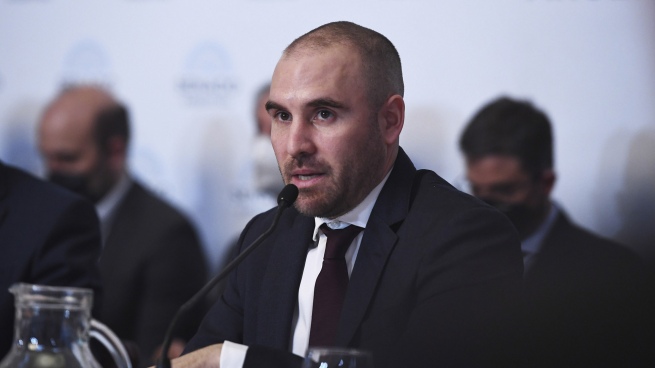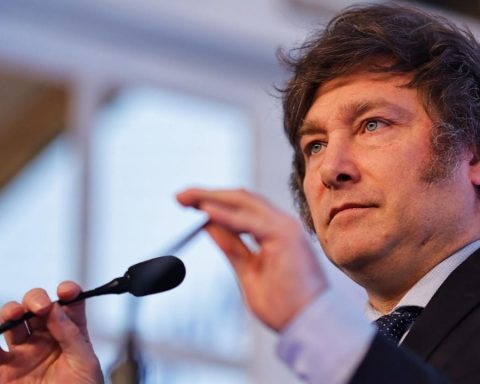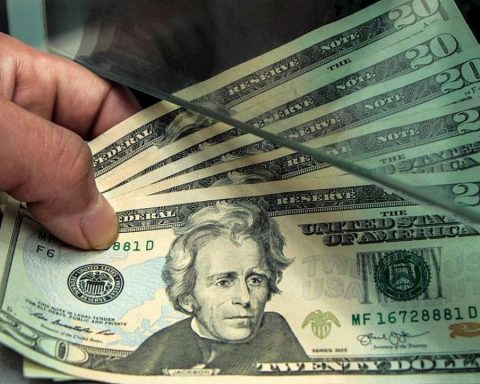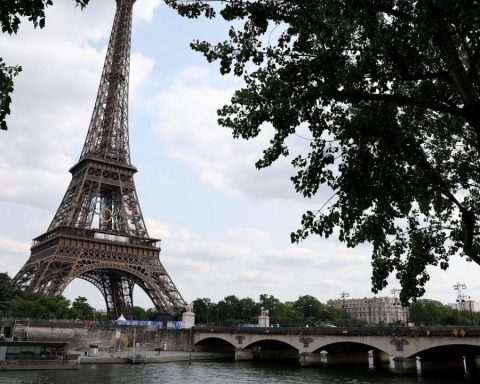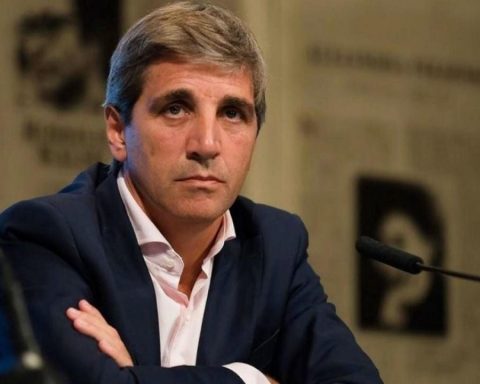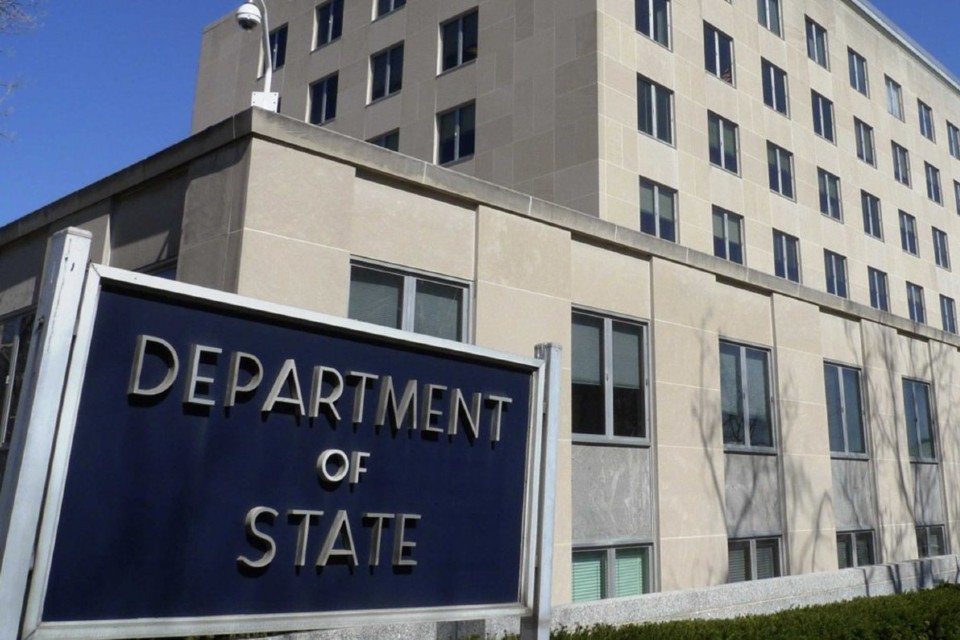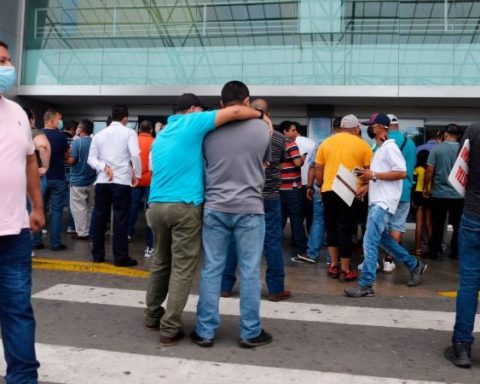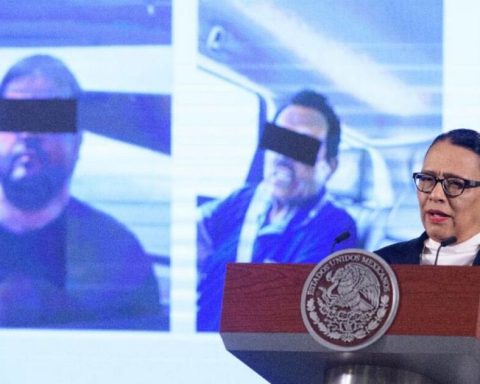The Minister of Economy, Martín Guzmán, assured this Friday that “If economic growth is not shared, it is not progress”by defending the bill that the Government promotes to tax the “unexpected rent from the war” between Russia and Ukraine.
“ORA society that does not seriously seek to find mechanisms to grow equitably is going to be condemned to the absence of progressGuzmán stated before an audience made up of the country’s leading businessmen who make up the so-called Llao Llao Forum.
According to the head of the Palacio de Hacienda, “every time Argentina had a period in which there was economic growth that was not distributed in a reasonable way, it could not be sustained over time.”
“TWe have to collectively build a society that is fairerthat has a distribution where growth is shared at the same time that investment is encouraged,” the official considered during a meeting held this morning at the Hotel Llao Llao, in Bariloche.
He also stated that it is “an exceptional situation, which creates a problem for us as a society, a distributional problem. This must be done in a way that does not discourage investment, but encourages it“.
“Not only does it seek to identify, but, if that same component is reinvestedthe contribution would be less, seeking to encourage the reinvestment of that income,” he added.
In his presentation, Guzmán highlighted that “the product grew 10.3%, something that exceeded any projection; it was very difficult to find spaces where it was predicted that Argentina was going to have a recovery of such magnitude”.
Also, he emphasized the 32.9% growth in investment in 2021 and the strong rise in employmentalmost 1,200,000 jobs created in 2021, with the consequent drop of 7% in the unemployment rate after the stimulus planned for 13.1% in mid-2020.
In order to grow steadily, he also considered it necessary that exports grow.
During the meeting, in which the businessmen also asked questions, the minister said that “inflation is a problem for the functioning of the entire economic system and is a central occupation of the economic policy agenda“.
After which he stressed that “it is not that inflation is lowered simply by tightening monetary policy, simply by ceasing to issue. Is it necessary to lower the emission? Of course. And that’s what we’re doing”.
Guzmán also addressed the issue of subsidies: “Excessive subsidies create a problem for the functioning of the entire economic system, and that must be lowered,” said the minister.
Regarding the agreement with the IMF, the head of the Palacio de Hacienda affirmed that “we have the commitment to comply with the program, and that is what we have been doing; In the first quarter we have met the objectives that we set for ourselves fiscally, monetaryly and from an external point of view”.
In relation to dollaradmitted “the gap problem”, but warned that “no one can solve it in one step, anyone who says otherwise is lying”.
“When dollars are scarce is when the possibility of growth is limited; this is what we have to understand very well when managing economic policy,” he explained.
For Guzmán, instead of “creating a confidence shock for private investment,” lowering taxes today is “generating more instability and weakening the productive capacity of Argentina”.
In another order, he indicated that “a strong deficit reductionat the same time that fiscal policy has underpinned the recovery of economic activity”.
“It has been very important for Argentina to be able to go through the processes of resolving foreign debts,” he added.
In the energy field, he raised the need to “complement national capital with international capital, that is why we have to have rules of the game and where there is an environment that leads to an escalation of investment.”
“We are working within this scheme of game rules in adapting the issue of capital regulations to facilitate the entry of capital into the energy sector,” he said.
In that sense, he specified that they are analyzing “building a specific regulatory framework, especially for LNGsend it to Congress with the support of as much of the political space as possible and the public and private sectors working together.”
